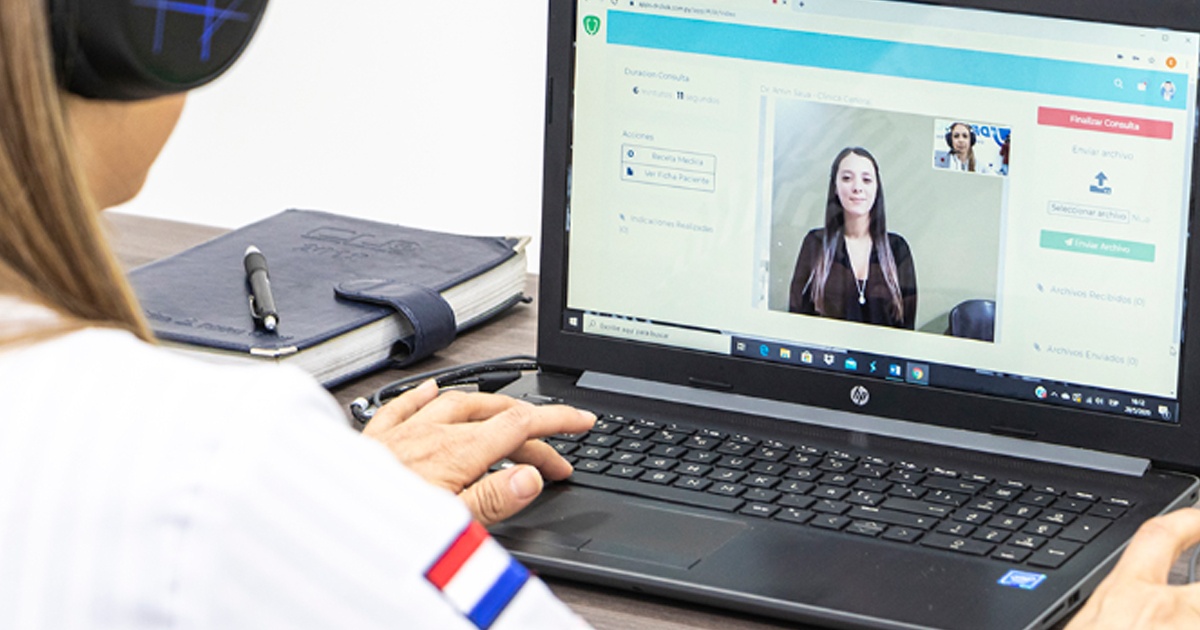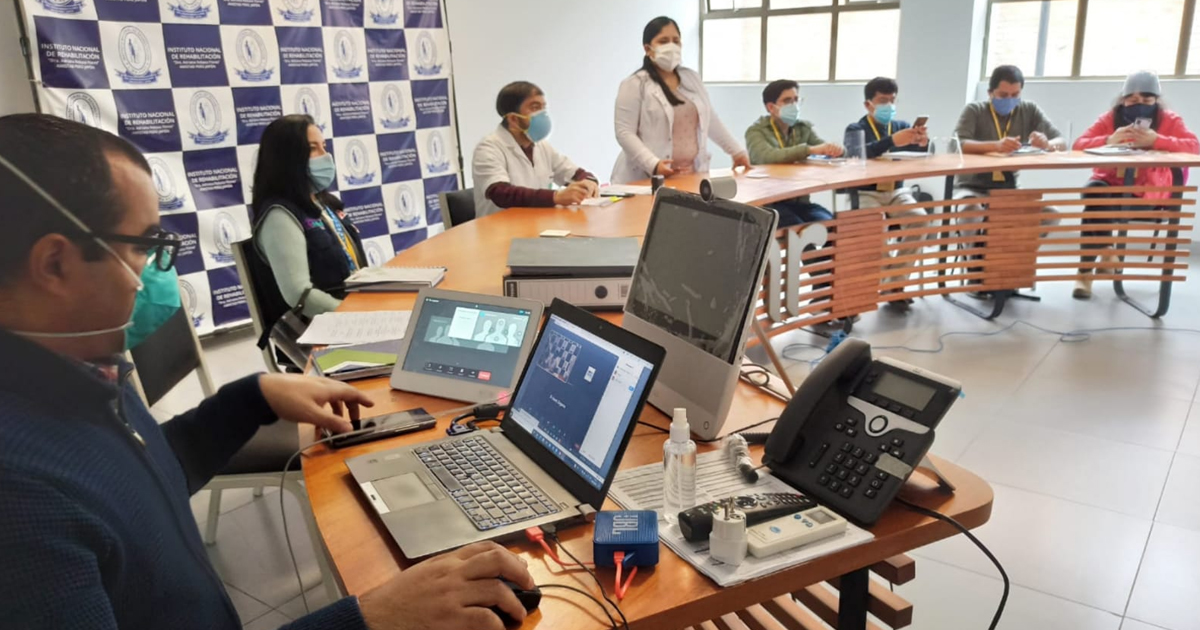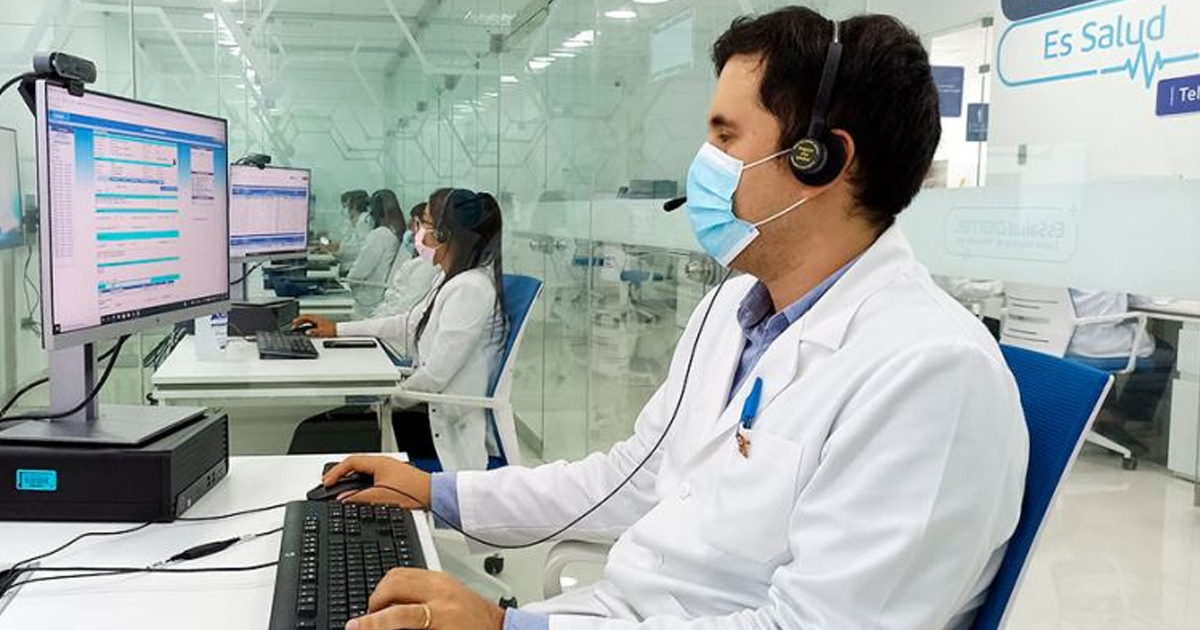The COVID-19 pandemic accelerated digital health adoption processes among the population, however, the growth shown this year may not be permanent.
oxford economics conducted an analysis of the current situation of Digital Health and its great growth during the pandemic, but first we need to know what the growth of Digital Health was like before COVID-19. In the US, one-third of consumers surveyed did not use any digital health care tools prior to the pandemic. In fact, consumer attitude trends by 2020 (pre-COVID-19) showed that only 35% of consumers used mobile health care apps, for 48% in 2018.

However, after an unprecedented situation in recent times, it caused new ways to become popular among patients for their health care through the adoption of digital tools. This speeded-up the growth process that had already been shown since previous years. 19% of respondents indicated that before the pandemic they had already received remote medical consultations or counseling prior to COVID-19. And 54% were willing to receive virtual health care.
The report raises the question: “What could drive or stall post pandemic progress?” Consumer expectations with Digital Health tools following the pandemic scenario have been generally positive, however, providers of this type of service will soon have to meet new quality expectations from users.
One of the issues that matters most to consumers is the privacy of their data and the security of the platforms. The recommendations explained in the report relate to the creation of services that digitize patient health information, understanding the needs of the consumer. Another of the recommendations relates to cultural and sociodemographic relationships, Digital Health companies must understand these wide variations in order to try to close gaps and make more patients have access to such services.
Finally, the hospital sociodemographic figure represents greater safety for users, when it comes to an organization managing health data such as electronic clinical records, with 84%, contrary to technology companies where only 45% of them would be trusted by their clinical and health data. However, it is among the youngest age groups that technology companies are most accepted in data management because 43% of millennials (born between 1981 and 1996) rely on the digital health services offered by these companies.
Finally, the latest recommendations are in recognizing the work of physicians and using their authority to promote Digital Health services as a viable alternative to traditional services.
See the full report at the following link: https://www.oxfordeconomics.com/recent-releases/Accenture-2020-Digital-Health-Consumer-Survey-How-can-leaders-make-recent-digital-health-gains-last






